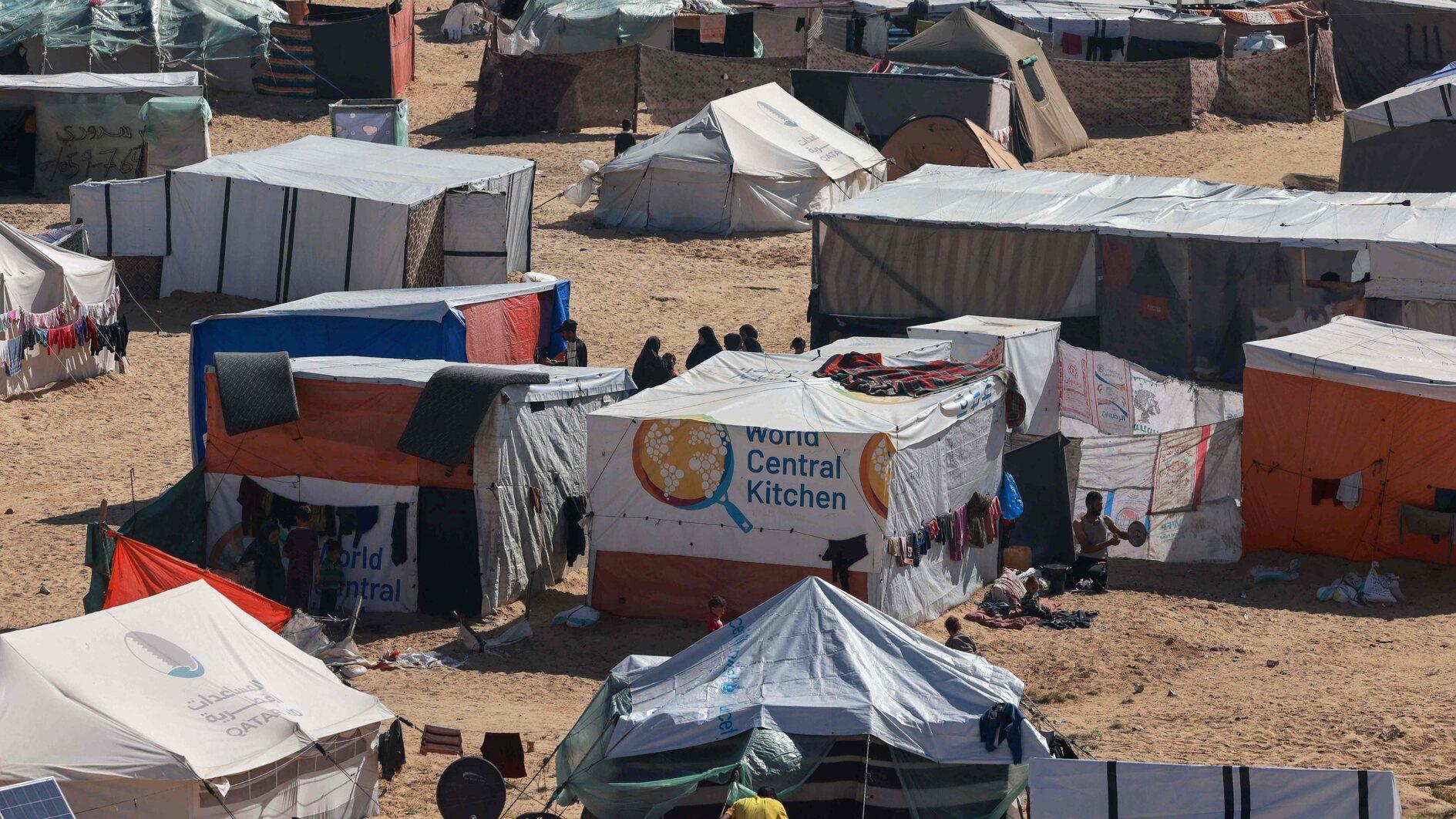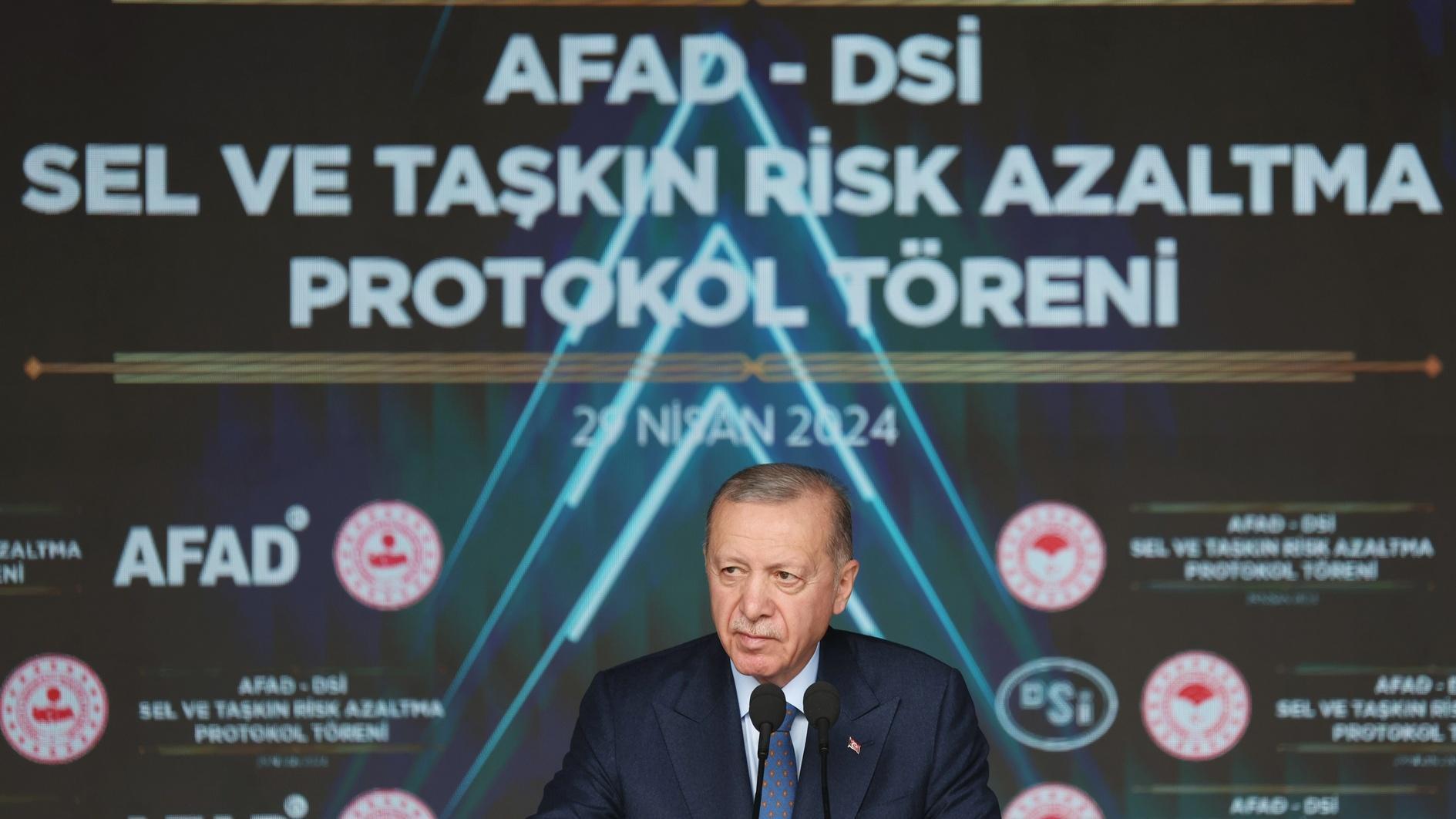Muslims ask if charity should begin at home
SUGRA AHMED
Leicestershire, UK - My experience observing Ramadan and engaging with the volunteer sector in the UK has taught me to never hold back when there’s a chance to help others in need.Quite often, though, Muslims, like other individuals, are more likely to give to those we can identify with or have some kind of connection with, especially members of our own faith. British Muslim charities have done some great work as a result of this generosity. Islamic Relief is perhaps one of the largest and established Muslim charities in the UK; it specialises in international aid and development working in over 25 countries.
But ultimately the connection that inspires us to give to charity should be one of shared humanity. When we see or hear about anyone in need, regardless of their faith or background, we should feel compassion because they are in need, not necessarily because we share the same belief in God.
As British Muslims, it is worth asking ourselves when we are faced with someone raising money for the homeless here in the UK or when we are tagged in an online campaign that seeks to help vulnerable runaways, does it engender the same feelings of empathy and compassion that we would have if asked to donate to a campaign working to help only vulnerable children of our own faith?
Perhaps we need to consider some of the campaigns that we have seen this Ramadan. One such campaign is organised by the Islamic Society of Britain (ISB). Established in 1990, ISB focuses on how Muslims can reach beyond their own faith group. For example, in order to draw attention to projects at home, ISB partners with organisations such as The Children’s Society, a Christian organisation that works with youth and specialises in helping young runaways.
“Charity should begin at home”, ISB explains, “British Muslims should be just as concerned about poverty, inequality and injustice on their doorsteps as elsewhere else in the world.”
Both organisations, and faith communities, value the well-being of children. With this common interest, they teach their communities how useful and easy it can be to work together. The collaboration can help people to understand the issues at stake and how together they can work to make the lives of children better, something which benefits society as a whole.
While ISB and The Children’s Society hope to raise money, the main goal is to help foster a desire to consider giving locally. There is something fulfilling about donating money to projects abroad as the need is different from that in the UK, but we shouldn’t underestimate the difference we can make when we share what we have with those around us – whose need is sometimes greater for the fact that many people don’t consider them a top priority.
During Ramadan, many Muslims try to be at their most generous, fasting through the day as a reminder of what they have and thinking of the needs of others. While making the decision on where to give, may we remember that we are all part of the human family with a duty to help all our fellow human beings.
* Sughra Ahmed is a Research Fellow at the Policy Research Centre, a think tank based at The Islamic Foundation in Leicestershire, UK. This article originally appeared on the Common Ground News Service .











